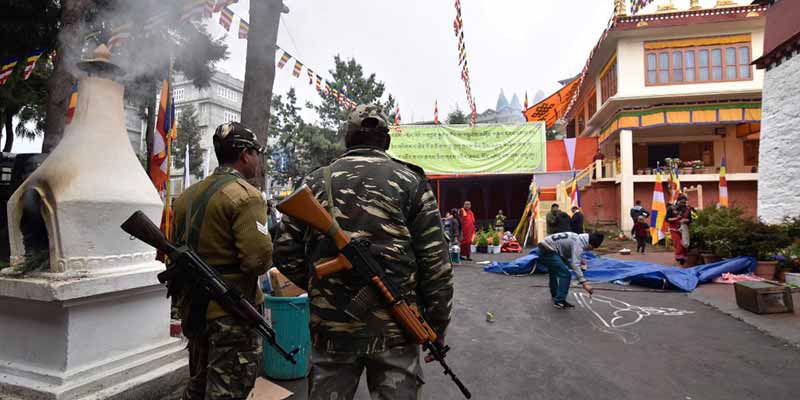- India
- Feb 23
Panel formed to examine AFSPA removal from Nagaland yet to submit report
A high-level committee, headed by a secretary-rank officer, constituted to examine the possibility of lifting the Armed Forces (Special Powers) Act in Nagaland has not filed its report, said a news report.
The committee was formed in December last year following the protests in Nagaland for the withdrawal of the AFSPA, after an Army unit killed the 14 civilians in Mon mistaking them as insurgents.
The committee was set up after Union Home Minister Amit Shah held a meeting with chief ministers of Nagaland and Assam.
The panel was supposed to submit its report within 45 days.
What is AFSPA?
• Law and order is a state subject. However, the central government is supplementing efforts of the state governments for curbing the illegal and unlawful activities of militant/insurgent groups of Northeast states through various measures.
• These include deployment of Central Armed Police Forces, reimbursement of security related expenditure (SRE) to the state governments under SRE scheme, central assistance to the state governments for modernisation of state police forces, sanction of India Reserve Battalions, banning the Unlawful Associations operating in NE region under UAPA, declaring specific areas/states as “disturbed areas” for the purpose of AFSPA and issuing notifications for Unified Command Structure.
• The Armed Forces (Special Powers) Act was enacted in 1958 to enable certain special powers to be conferred upon the members of the Armed Forces in the disturbed areas in Assam and Manipur. It was amended and extended to Arunachal Pradesh, Meghalaya, Mizoram, Nagaland and Tripura.
• Currently, the AFSPA is in force in Assam, Nagaland, Manipur (excluding Imphal Municipal Council area), Arunachal Pradesh’s Changlang, Longding, Tirap districts and areas falling within the eight police stations at the Assam border.
• The AFSPA gives the Armed Forces sweeping powers to search and arrest, and to open fire if they deem it necessary for “the maintenance of public order”.
• AFSPA is imposed in areas where Armed Forces are required to operate in aid of civil authorities.
• For AFSPA to become valid, an area, however, needs to be declared “disturbed” either by the central or the state government under Section 3 of the 1958 Act.
Manorama Yearbook app is now available on Google Play Store and iOS App Store

